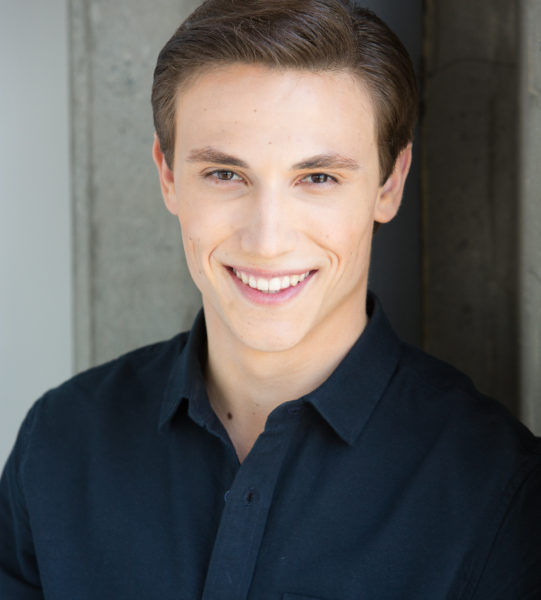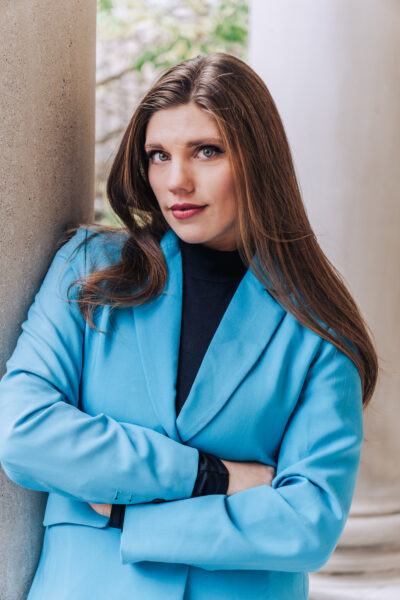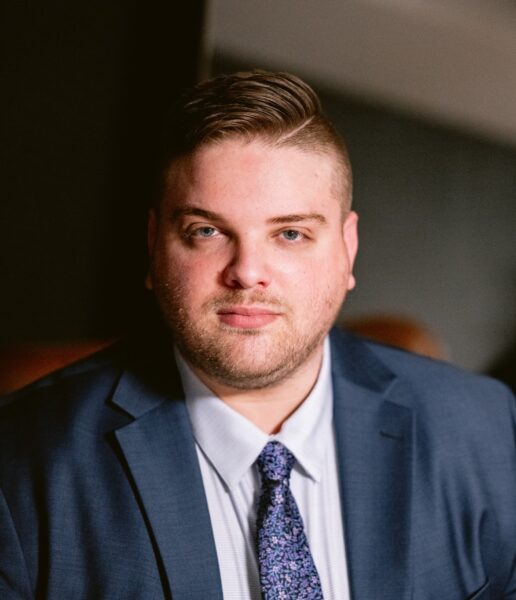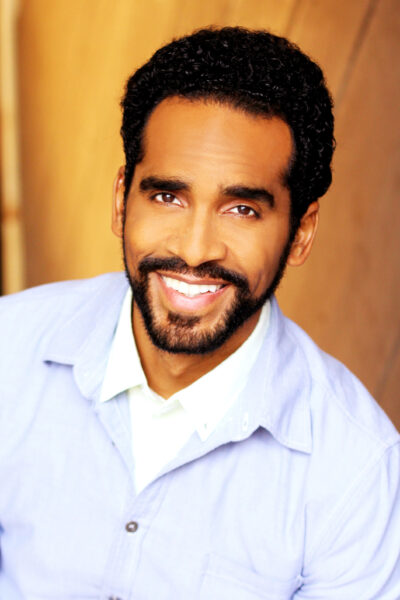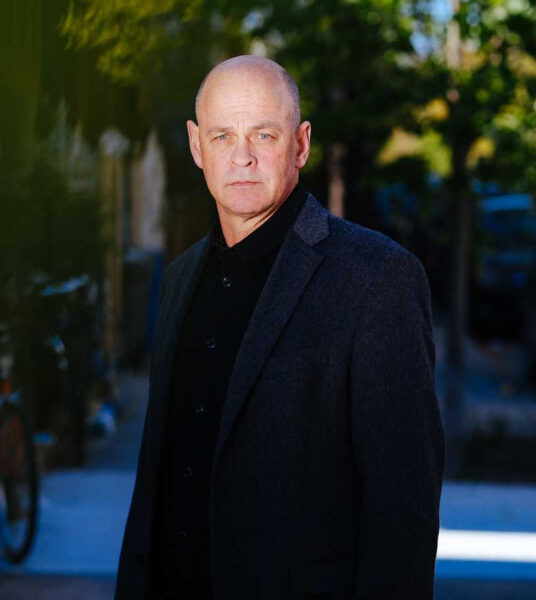It was one of those chance moments. Logan Tanner was a young tenor winding down his graduate vocal studies when another student’s performance captured his attention.
“I thought, ‘Oh,” Tanner recalled. The student was floating notes of Handel’s Ombra mai fu.
“I had always known about countertenors, but I didn’t know that people still did it,” he said.
Tanner was still hearing the student’s aria in his head when he found himself singing it in a hallway in the music building. His voice teacher overheard and encouraged him to learn another countertenor aria.
Six months later he entered a competition and won it. A career was born. This week, Tanner celebrates winning the American Prize for Professional Men in Opera and the American Prize Career Encouragement award and looks back at this inflection point in his musical journey that changed everything.
Tanner grew up in small-town San Angelo, Texas, the son of a businessman and a homemaker. He sang in a boy choir and asked his parents for voice lessons.
People doubted he would be able to do much with singing, simply because of his speaking voice, which always sounded a little hoarse. Doctors shrugged it off. It was his speaking voice, they said, “just how he talks.”
Singing gave him exposure to a wider world, plus a side benefit: “It did therapeutically fix my speaking voice, to the point where I didn’t sound like I had laryngitis.”
Tanner decided he wanted to pursue opera, a choice that baffled his parents and ran against the grain of his classmates.
“People at school would say, ‘Why do you like to sing? That’s for girls.’ I would say, ‘Well, I’m going to do it because I like to.’ I don’t know if it was rebelliousness or more of an ‘I’m going to prove you wrong’ kind of attitude.”
He studied voice at Baylor University while working on the mechanics of his tenor range – things like remembering to enunciate vowels correctly or refining his passaggio.
“I was a fine tenor, but it really wasn’t that special. I kind of had just resolved that I would not be a professional singer. At the time I didn’t know of Philippe Jaroussky, I didn’t know of Anthony Roth Costanzo.”
He enrolled in a master’s program at Westminster Choir College in Princeton, N.J., and was in his last semester when his voice teacher there gave him some advice.
“He said, ‘I’m not going to tell you what to do, but if I were you, I would be a countertenor.”
Tanner dove deeper into the music and found it a perfect match. He found the music easier to learn and more comfortable to sing. Vocal challenges he faced as a tenor resolved themselves as a countertenor within weeks, he said.
“I had been trained, but I was singing in the wrong register.”
He entered the 2017 New York Classical Music Society International Competition and won it. “It was kind of mind-blowing,” Tanner said. “I never looked back after that.
The shift led to other changes. He had always preferred the contrasts and grandeur of Puccini but discovered a new affinity for Baroque music.
His vocal coach provided the spark, giving him the green light to bring a bel canto style and technique to early classical music. Not only did he have permission to color arias with the flowing bel canto dimension, doing so would add expression and captivate the audience, the coach said.
That conversation led to another awakening, namely that he didn’t have to try to mimic the sometimes-sparse sounding Baroque singers in order to sing the music of the period.
“That’s when it kind of clicked,” Tanner said. “The style is written on the page of these Baroque arias. I cannot change that. But it’s up to me to bring my interpretation and my artistry and be authentic, to deliver the emotion that way. And that’s when it all took off.”
A passion for self-expression spilled over into opera, a form he considers very much alive.
“Even though the arias are old, the feelings, the content are still relevant.”
He has relished exploring the contrasts of Oberon in A Midsummer Night’s Dream, a favorite so far. “Yeah, he’s married to this woman, but he’s not really in love with anyone but himself. And we all know people like that.”
Tanner’s career has proven his instincts right, including the need for countertenors, who he believes are already embraced by the public even if the public doesn’t know it. Look no further than the falsettos of Michael Jackson, Justin Timberlake or Sam Smith.
He enjoys experiencing new cultures, cuisines and would like to try his hand at modern opera at some point. In the meantime, Tanner said, he hopes to highlight the countertenor voice type – “to make it less rare, so that we have more roles written for it,” he said.
“Because if you don’t write for it, it will die.”
Athlone’s Logan Tanner will spend the summer participating in operatic performances, recitals and the Marilyn Horne Song Competition at the Music Academy of the West in Santa Barbara, CA. For more visit his website.
